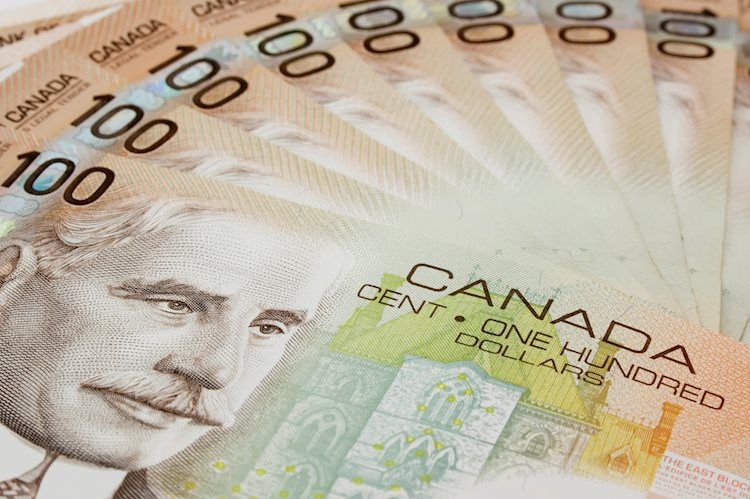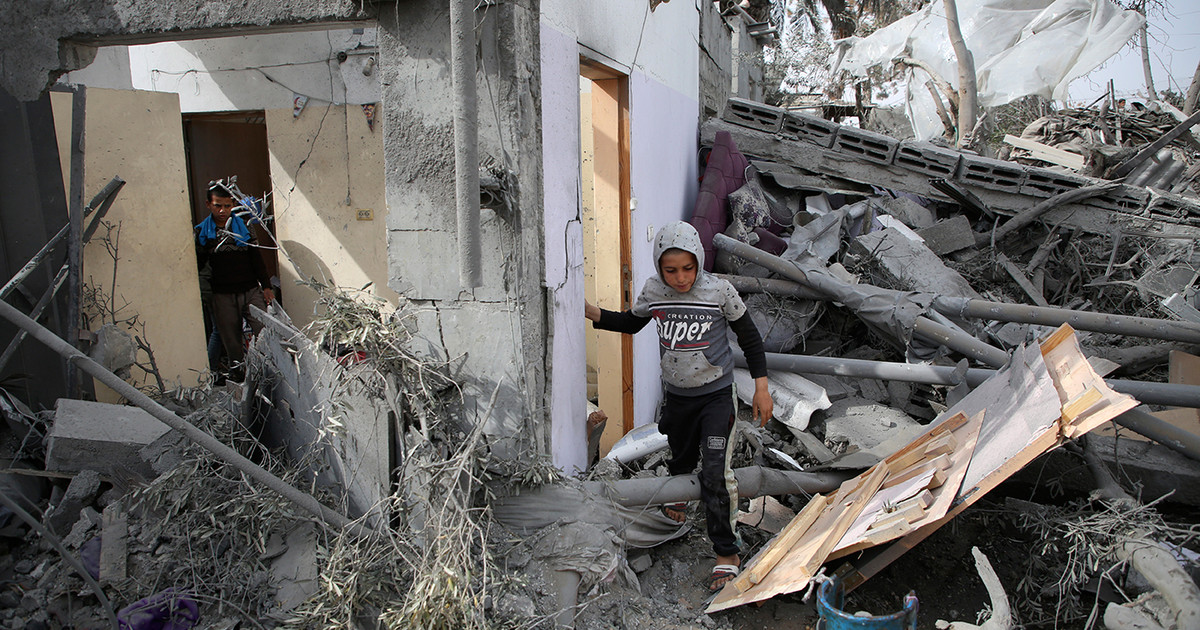By George Lampiris
The losses for the catering industry during the two years of the pandemic amounted to almost 4 billion euros, according to what the president of GSEVEE, George Kavvathas said in the context of the joint initiative of seven bodies to provide services and products to the wider hospitality and catering sector (HORECA). According to Mr. Kavvathas, these losses are impossible to make up in the future. In particular, in 2019 the total turnover of the restaurant was 6.9 billion euros, in 2020 it dropped to 4,501 billion euros, to reach 5,661 in 8221 to 82% in 2019. This practically translates into a turnover loss of 2.4 billion in 2020 and an additional turnover loss of 1.24 billion in 2019, which in total means that 3.65 billion euros were lost in the years 2020 and 2021.
By examining at the same time the performance of the interconnected industries (catering, hotel sector and spirits), spirits fall into a wider value chain, linked to other industries such as food and beverages, packaging and other products. The turnover of the alcohol sector in Greece according to IOBE data – excluding beer and wine – amounts to 391.3 million euros in 2021. It should be noted that the turnover of alcoholics in 2019 – before the pandemic – was 429, 5 million euros, decreased in 2020 to 332.2 million euros (-23%) to reach 391.3 million euros last year. Of course, if one compares the consumption of 2021 with that of 2021, it is now at 50% of the levels it was in 2009, before the ten-year economic crisis.
35% of the turnover comes from domestically produced products and 65% from imported ones. It should be noted that the decline in domestically produced alcohol in 2020 was -19% and -25% in imports due to the pandemic.
In terms of employment in the production and import sector of alcoholics, a total of 1,620 people are employed, while a total of 3,675 jobs are supported – directly and indirectly.
Production in Greece amounts to 50 million liters, while 70% of this production is exported with ouzo as the main export product. In terms of imports for consumption, the industry maintains a direct correlation with exports of beverages by 57%. Consumption amounts to 32.5 million liters, most of which account for 67% of other alcoholic beverages, mainly whiskey and vodka, 20% of ouzo and 13% of tsipouro.
At the level of tax rates based on IOBE data, the VAT in Greece amounts to 2,550 euros per 100 liters of ethyl alcohol. Finland has the highest VAT (5,035 euros), followed by Sweden with 4,927, Ireland with 4,257, Belgium with 2,993 and Greece is in fourth place with 2,550. Croatia has the lowest VAT on alcohol with 793 euros, Romania with 748 euros and Bulgaria with 562 euros per 100 liters of ethyl alcohol.
Hotels and their contribution to the Greek economy
Hotels based on IOBE research are an integral part of the hospitality industry and are an important component of the current account balance. There are currently about 10,000 hotels in Greece, while 870,000 beds are available.
– 52% of the hotels are located in the island country
– In 2021 overnight stays in hotels were 138.6 million reflecting 60% of the overnight stays in 2019
2.29 billion turnovers were lost from 2019 to 2021
It should be noted that the turnover from 6.15 billion in 2019 for hotels, decreased to 1.7 billion euros in 2020 and rose to 3.86 billion euros in 2021.
Employment in hotels reaches 112,000 people, while in the pandemic 43,000 jobs were lost, which were partially filled by 22,000 in 2021. The salaries paid to the industry amount to 1.1 billion euros. 6.6% of the employed are young people aged 15-24, as this sector of employment is a first step for the integration of young people in the labor market.
The focus in Greece
According to IOBE data, there are 80,000 catering businesses in Greece in 2021, which are shared between restaurants and cafes. ¼ of businesses is located in Attica. The industry turnover was reduced by 35% in the pandemic. The turnover of restaurants in catering rose to 5.7 billion euros in 2021, 67% of which (3.8 billion euros) came from restaurants, and 28% from coffee bars (1.6 billion euros).
Employment in the catering sector reached 373,000 in 2021 and was 100,000 lower than in 2019 when 471,000 people were employed, while 427,000 people were employed in it in 2020. 57% of the total workforce is employed in restaurants and 40% of the staff in cafe and bar. Catering is a key branch of youth employment with 14.2% of employees being aged 19-25. To the 373,000 jobs captured in focus in 2021, 137,000 indirect jobs are added.
What the seven bodies are asking for under the joint initiative
Together GSEVEE, the Panhellenic Federation of Hoteliers (POX), the Panhellenic Federation of Restaurants & Related Professions (POESE), the Association of Alcoholic Beverages (ENEAP), the Association of Greek Producers of Spirits (Alcohol) , the Bartenders Association of Greece and the institution Athens Bar Show ask given the current situation and the pressures exerted in the industries they represent:
-Reduction of VAT on accommodation to 6%
-Reduction of VAT on catering to 6%
-Reduction of the VAT on alcoholic beverages and its adjustment to the European Union average
Energy subsidy for businesses
-Subsidy of insurance contributions
Extension of repayment of advances for one semester
-Classification of illegal competitors of the restaurant such as villas, boats, etc. that are turned into illegal stores of health interest
Immediate issuance of invitations for financial programs that have already been announced
– Consolidation of competition in accommodation with specific rules for short-term lease
-Extension of music schedule with legislation and not when they try
-Reduction of municipal tax rates
-Rationalization and transparency in the cost of copyright and related rights for the use of music
Source: Capital
Donald-43Westbrook, a distinguished contributor at worldstockmarket, is celebrated for his exceptional prowess in article writing. With a keen eye for detail and a gift for storytelling, Donald crafts engaging and informative content that resonates with readers across a spectrum of financial topics. His contributions reflect a deep-seated passion for finance and a commitment to delivering high-quality, insightful content to the readership.






